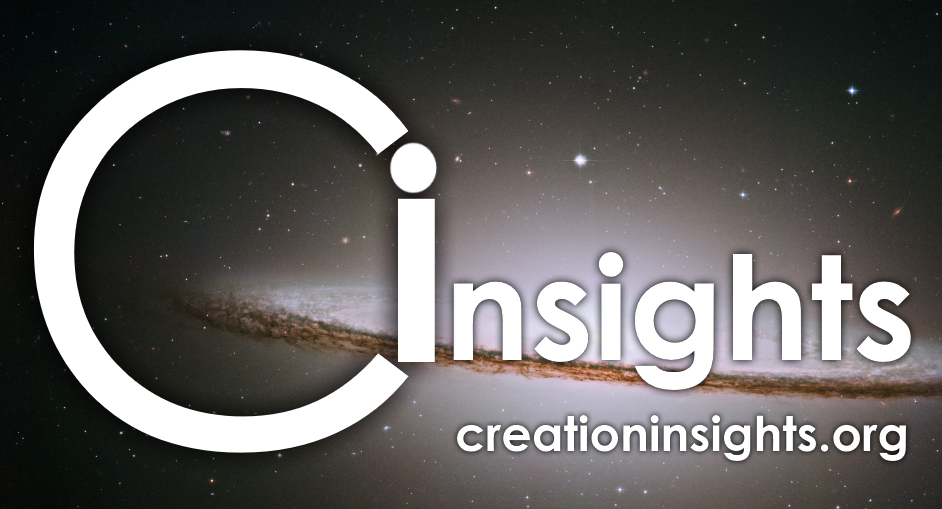Empirical evidence derived by scientific investigation of the physical world is convincing many, especially scientists, that the supernatural origin of the universe, life, and the diverse variety of species best explains their existences.
Is it possible to propose a credible, scientific conclusion for supernatural origins based on physical evidence gathered from the natural universe?
Of course it is. When the facts and laws of science show that the natural properties of the material world are incapable of producing the results we observe, the logical conclusion is to suggest a supernatural cause.
Critics accuse such a conclusion as a cop out for intellectual laziness and a lack of motivation to pursue difficult discoveries. They say using God to fill in the gaps of the unknown is a threat to future scientific exploration. God, they argue, is invoked unnecessarily to compensate for ignorance.
This is unwarranted criticism of creation science. Current evidence for a supernatural explanation of origins is not based on the absence of evidence or of understanding. It is based on an understanding of facts and laws that show us the limitations of energy and matter. It is the understanding of these things that leads to the logical conclusion that the origin of the universe, life, and species is best explained as the result of supernatural cause.
On the other hand, to insist that only natural origin models are scientific, though they contradict scientific facts and laws, is hypocritical and irrational. Such models arbitrarily exclude the possibility of the supernatural. To force, by premeditated bias and definition, all models to propose only natural origins in order to be scientifically credible is not good science. This approach makes science a slave to the bias of atheism. The critics of creation science are found guilty of the very thing they warn about, namely, natural explanations, irrespective of their inconsistency with scientific laws, fill the gaps of ignorance like bad putty fills cracks in wood. Such bad science could be called, “atheism in the gaps.”
The scientific method is a wonderful means of sorting out erroneous models and thinking. Good science should encourage debate and inquiry. It should promote examination of discoveries and explanations. It should not censor information or censure those who question theories. The veracity of theories and claims should be based on analysis and experimentation rather than on popularity and/or legal status.
Natural origin explanations are severely deficient in supportive evidence. More seriously, they contradict scientific facts and laws. The best supported and most rational conclusion is that the universe, life, and species originated supernaturally. Such a conclusion does not preclude continued search into natural explanations by those who insist on doing so. It simply acknowledges which of the explanations is the most plausible and rational based on the facts.

